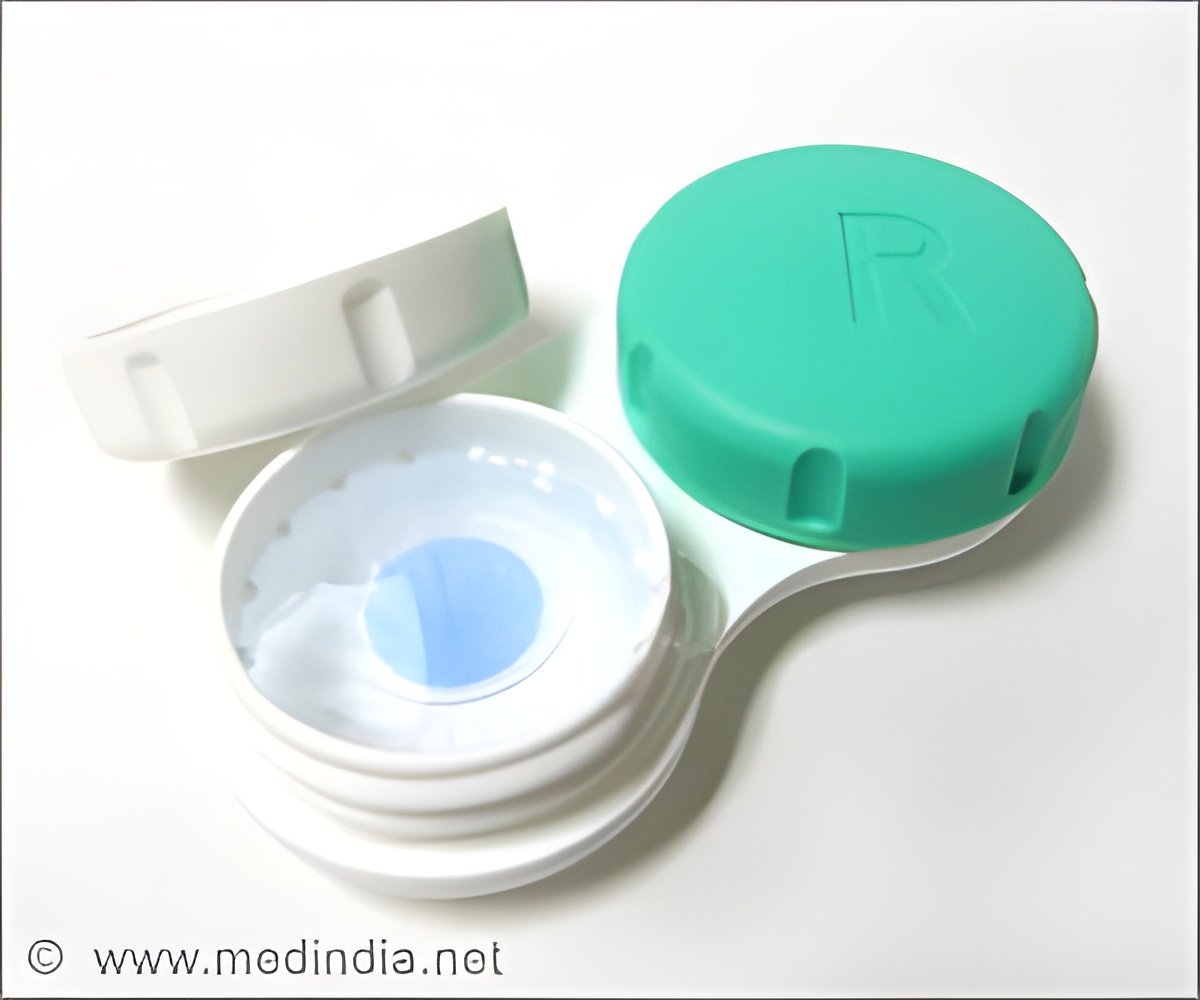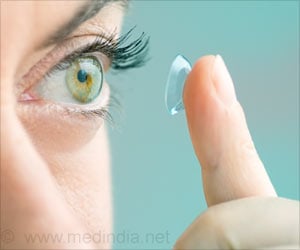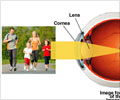Low complication rates were observed in children who wear soft contact lenses, similar to rates in adults.

‘Parents should be even more confident in embracing the advantages of a soft contact lens-based approach to myopia management by understanding that the study evaluated the safety of contact lenses in children of the same age range as their own.
’





Adverse Event Rates in The Retrospective Cohort Study of Safety of Paediatric Soft Contact Lens Wear: the ReCSS Study will appear in the January 2021 issue of Ophthalmic & Physiological Optics, the peer reviewed journal of the UK College of Optometrists. It is now available in pre-press form via open access.Widely-respected independent researcher Robin Chalmers, OD, FAAO, served as principal investigator, co-authoring the paper with CooperVision scientists John McNally, OD, FAAO, and Paul Chamberlain, BSc(Hons), and Lisa Keay, PhD, Head of the School of Optometry and Vision Science for UNSW Sydney.
The work was initiated to support CooperVision's regulatory submissions of MiSight® 1 day contact lenses, which are currently available in 26 countries with more expected in 2021.
ReCSS measured the rate of adverse events (AE) in children who were prescribed soft contact lenses before they turned 13 years old to establish wearing safety among that age group. The review documented AE details from clinical practice charts and clinical trial data of nearly 1,000 children and observed 2,713 years of wear across 4,611 visits.
Compared to AE results derived exclusively from clinical trials, these data are likely to be more generalizable to real world experiences as myopia control soft contact lenses are prescribed more widely to young patients.
Advertisement
The authors note that ReCSS study found a lower rate of microbial keratitis (7.4/10,000 years of wear) with a tighter confidence interval than other pediatric post market studies, offering reassurance to clinicians and parents of children regarding the safety of myopia control soft contact lenses. That rate is comparable to established rates of microbial keratitis in adults. (2,3,4)
Advertisement
"Practitioners will appreciate the fact that the study included a range of eyecare practice types and locations and a variety of soft contact lens brands, modalities and designs. Parents should be even more confident in embracing the benefits of a soft contact lens-based approach to myopia management by knowing that the study evaluated the safety of contact lenses in children of the same age range as their own."
Source-Eurekalert















